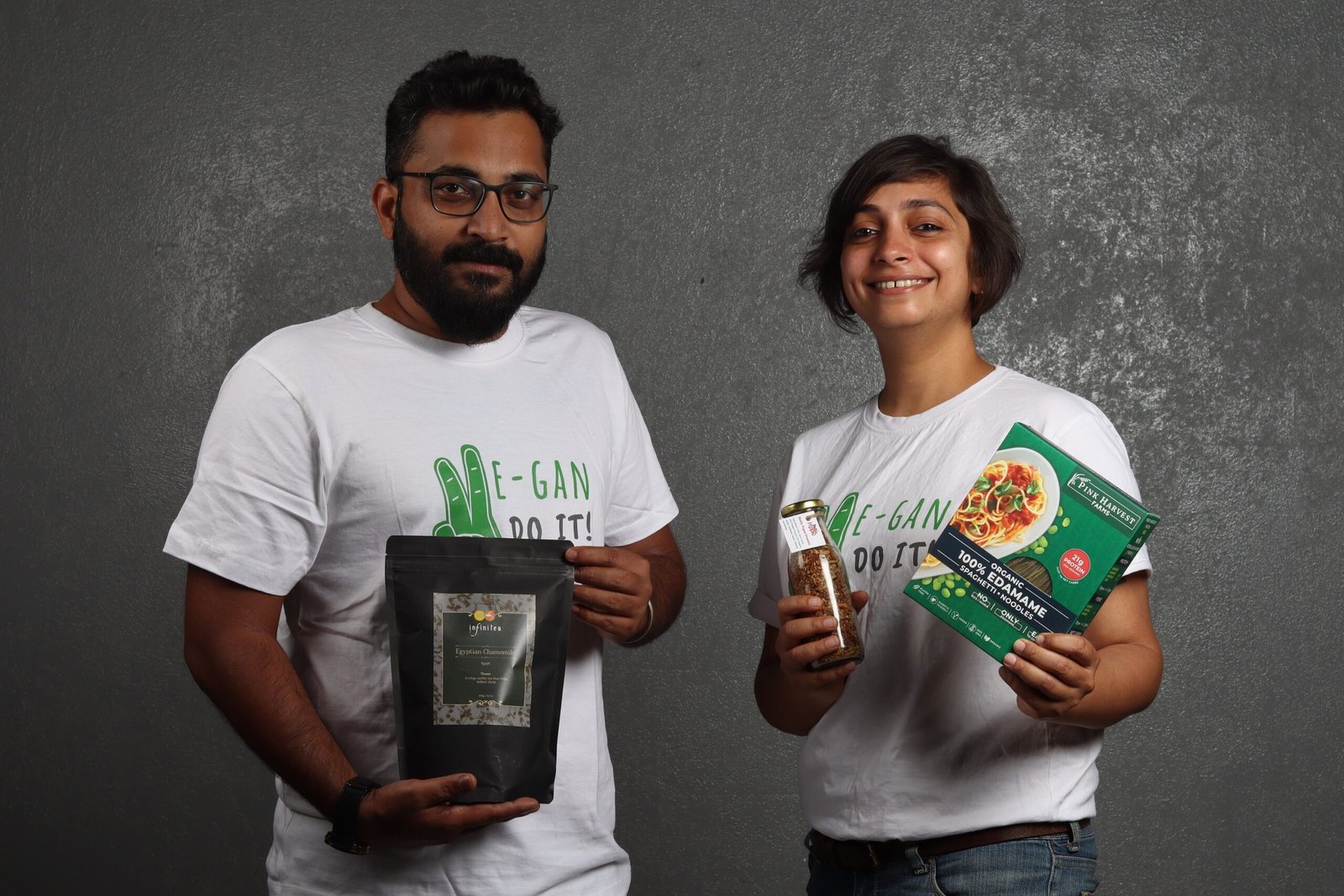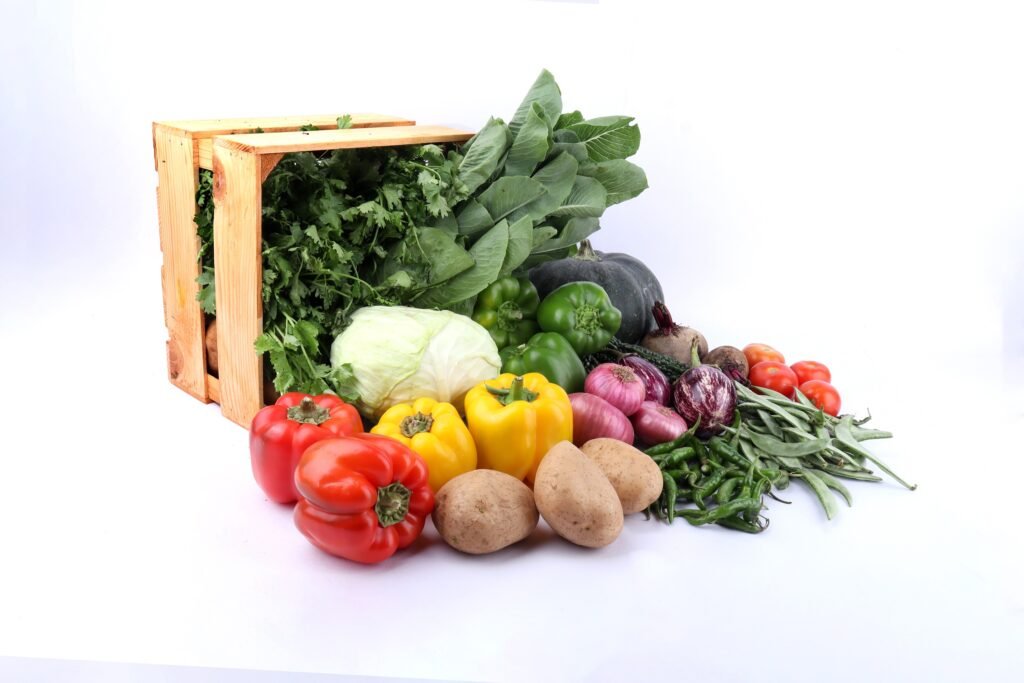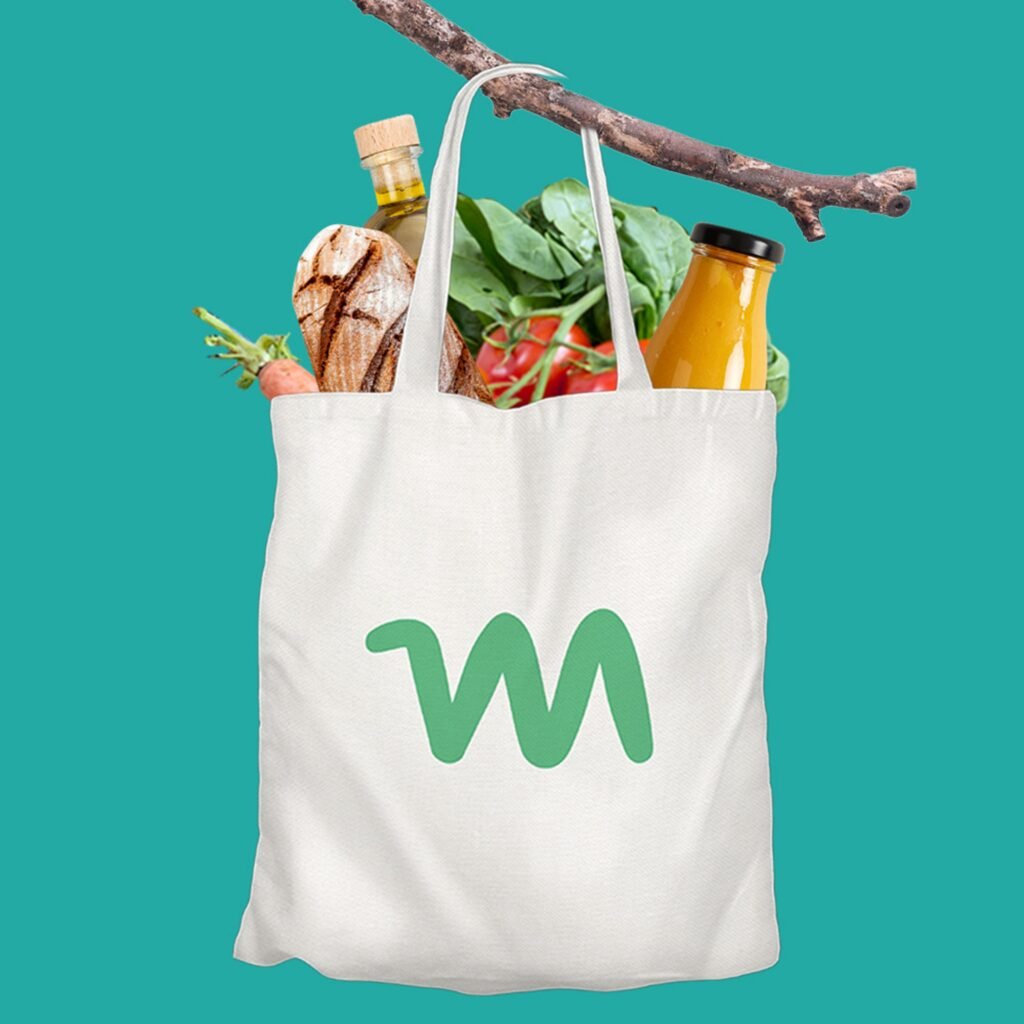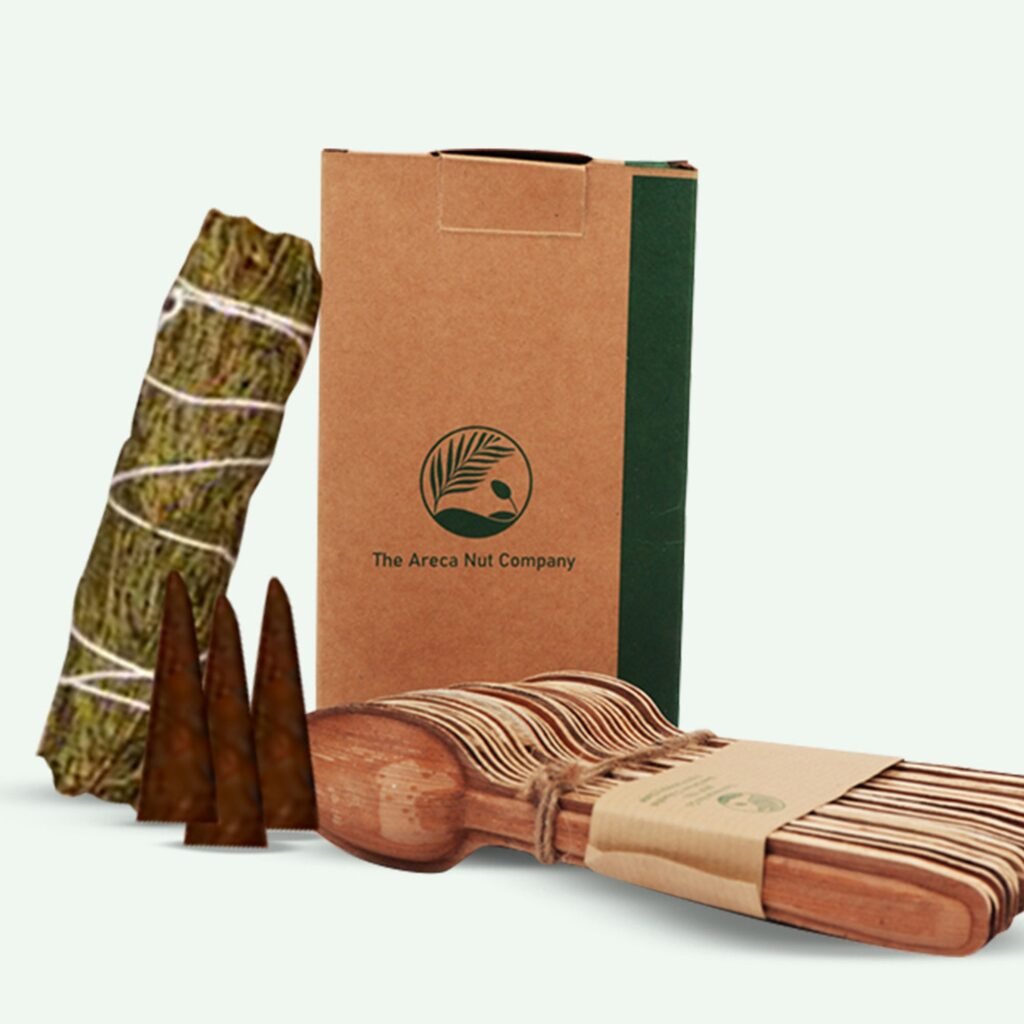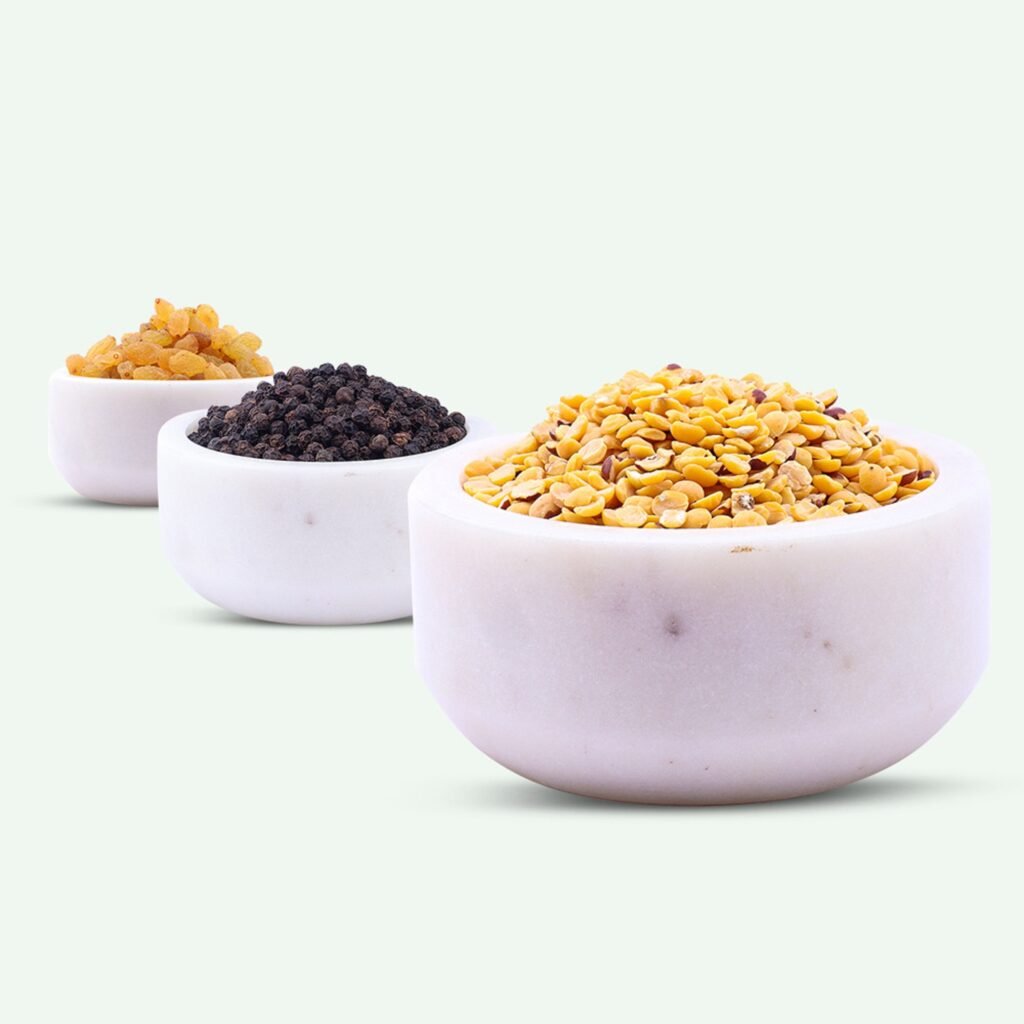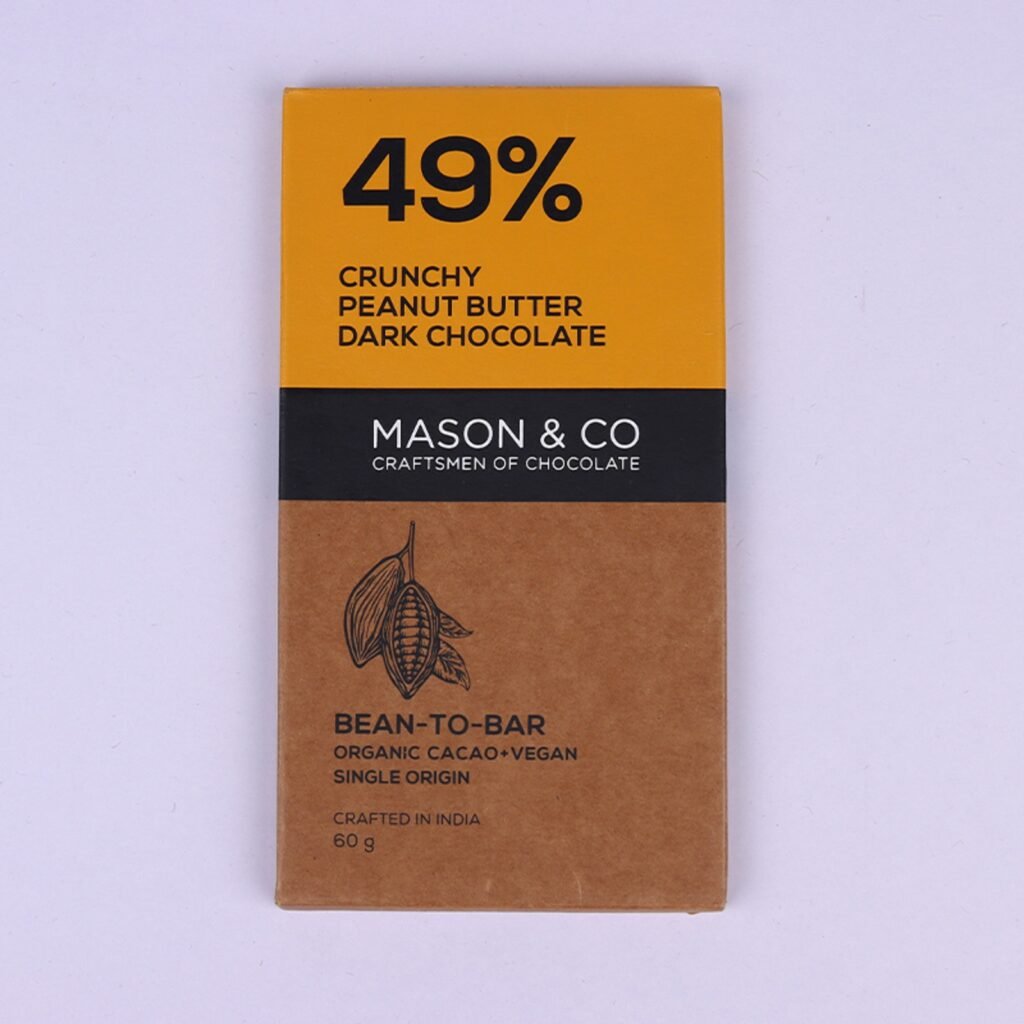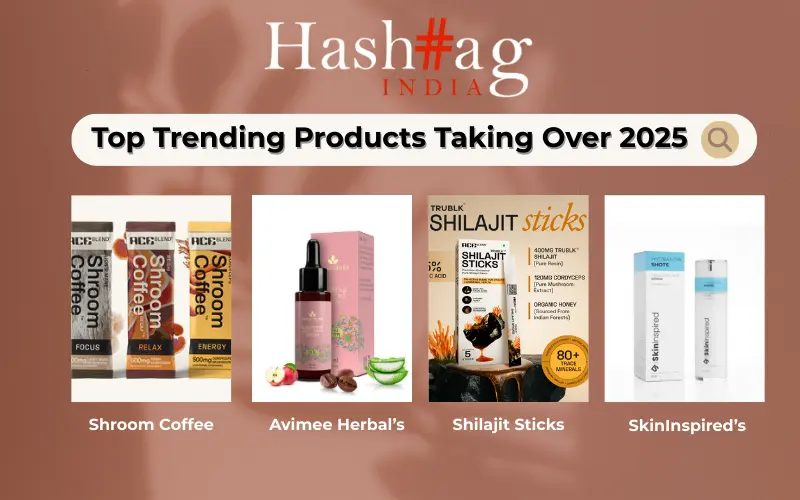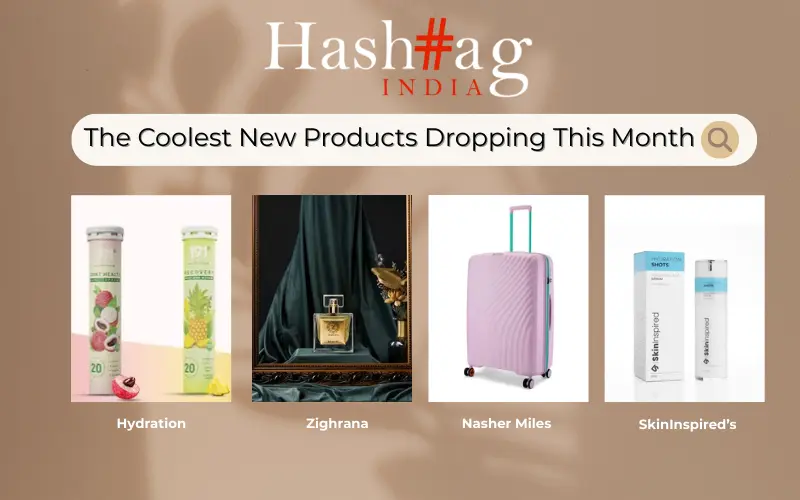Wildermart, a brand-new startup is changing the narrative around organic and clean living by providing a platform for green products. Bindu Gopal Rao discovers more
Wildermart may seem like a simple online grocery store where you browse products, pick what you like, pay and checkout. Having launched in April 2021 during this pandemic, they provide same day delivery. However, all the products they list are not found in the marketplace and not every brand who wants to list will find a spot, as they are specifically curated.
Flashback
Shweta Thakur, co-founder and CEO grew up in Patna and completed her higher education in Statistics at LSR, Delhi and an MBA in Marketing and Strategy at XLRI Jamshedpur. “After that I worked in corporate banking at HSBC in Mumbai from 2007 – 11. When I moved to Bengaluru in 2011, I decided to quit my corporate job to set up a creative agency. I have been the creative director and co-founder there till now,” says Thakur. It was around 6-7 years back when Shweta started becoming increasingly conscious of her environmental footprint. “I went vegan four and a half years back and have been continuously figuring out how I can personally consume less, and consume consciously,” says Thakur.
Wilderfest was the first vegan fest in Bengaluru and the first multi-city vegan fest in India in 2017, running on the model of a flea market taking conscious products to consumers. “However, we realised that the impact and scale isn’t up to the mark. Hence, we started contemplating the idea of a store. That underwent many iterations right from January 2020. And it just so happened that when we finally decided to launch, it happened in the middle of the second wave of COVID-19,” says Swaroop Mohan, co-founder.
Vegan Vibes
What makes the platform different is that any product must be 100% vegan to be listed. For organic staples, vegetables and fruits, the platform has only certified organic farmers whose organic certification is checked, along with the quality before they come on board. “Personal and home care products have to be natural and chemical-free. For packaged foods, products need to be clean and preservative-free. We read the labels and ingredients before listing the products. We also have a list of banned ingredients. Our aim is to get to an 80% local sourcing model. We are close enough right now. Most importantly, our curation has two pegs—is this product good for our health and is this product good for the environment. Only products which qualify those criteria go through to our taste and sampling tests,” says Thakur.
Clean Business
Other than the health and sustainability angle, what sets Wildermart apart as a business is their supply chain and business practices. “We aim to be a clean business. We are slowly putting in measures to ensure our own footprint is less, our business practices are fair to all stakeholders. We are determined to change the ecosystem for good,” says Mohan. And while one of the biggest roadblocks has been about the carbon footprint of delivery and plastic packaging, they have made a conscious effort to mitigate this issue. “We chose to do bamboo paper-based packaging for all our staples. This paper is then lined with a food-grade lining for safety. The entire bag is 100% compostable and does not depend on wood. We do not use any plastic in our veggies also barring the cling film for which we are finding a solution. Our veggies come to you in one cloth bag – just like how you would go and shop yourself. We are also intending to work with our vendors to see where and how we can reduce plastic and carbon footprint in the supply chain,” says Thakur. The delivery happens on e-vehicles and electric delivery vans.
Entrepreneurial Talk For both co-founders and the core team, the desire to leave a positive impact in their lifetimes is what motivates them. “We want to be able to make a difference with our time here. Climate change is one of the biggest problems facing our planet and if we can be the problem, can some of us be the solution? We want scale. The economics of this change motivates us,” say the duo. Currently the team is focused on reaching groceries safely to consumers who are locked in at home. Looking ahead, they are innovating on the tech and operations front to make things cleaner and more efficient.
“Change happens when we choose to spend our money on products and businesses which are more responsible”


